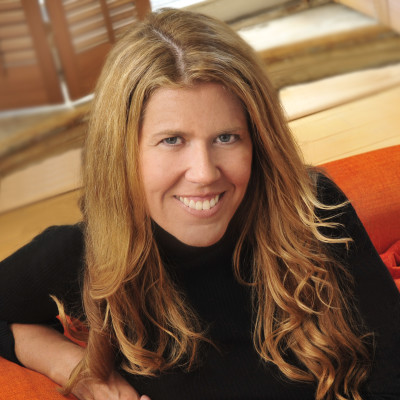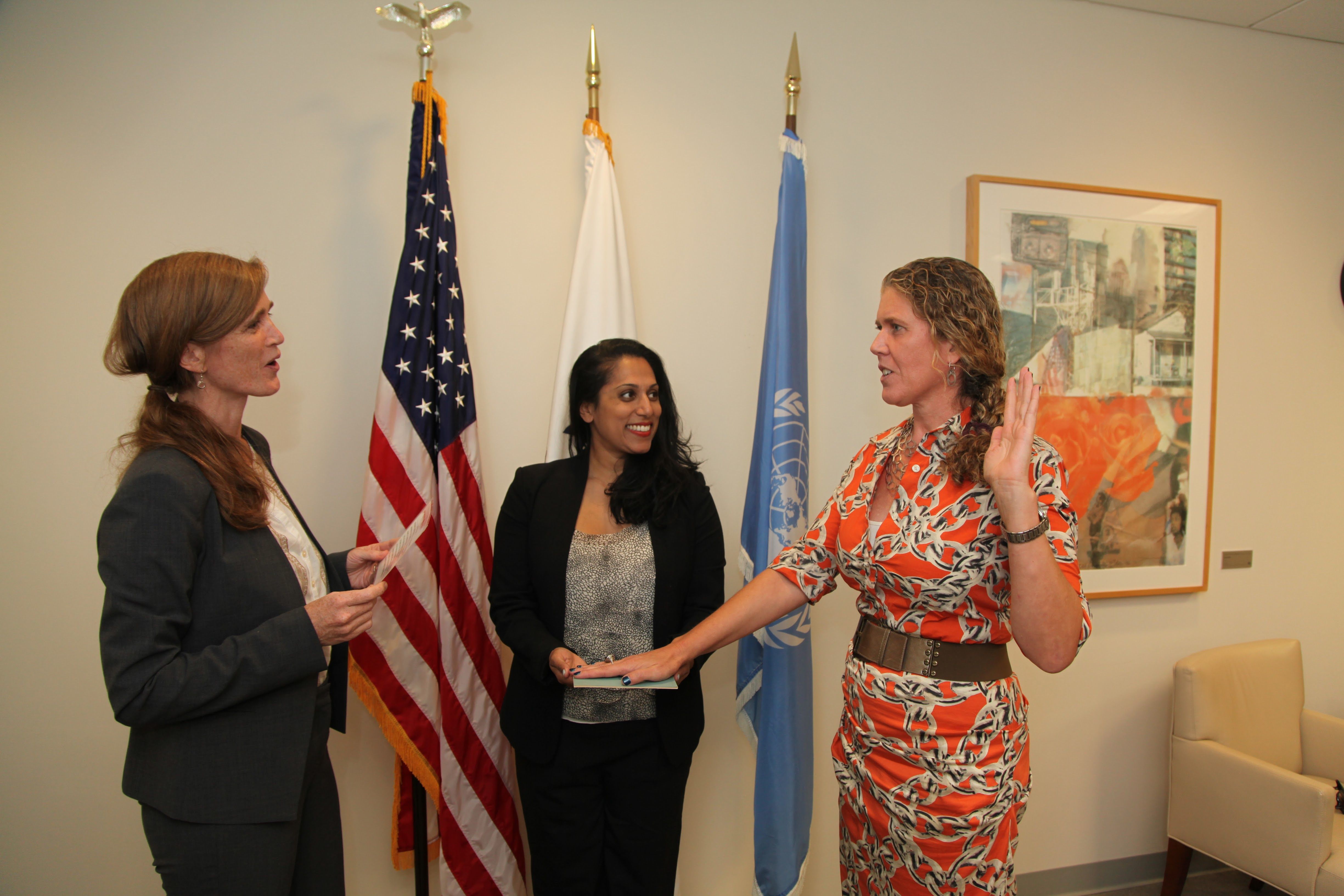In 1988, Cynthia Ryan graduated from Eugene Lang College The New School for Liberal Arts without a declared major. This past September, President Obama appointed her as the Alternate Representative of the United States to the 71st Session of the General Assembly of the United Nations.
“I’ve always considered myself an activist at heart, and someone who thinks about the importance of democracy, political systems, [and] their role in equity in the world,” Ryan, a Boston native, said.
While engaging the philanthropic sector and younger populations to help advance the UN’s Sustainable Development Goals as a public delegate to the U.S. Mission to the United Nations, Ryan has stayed involved with a multitude of different organizations. As detailed in a New School News blog post from earlier this month, Ryan currently sits as the director of the Schooner Africa Fund; the Senior Africa Advisor of The Schooner Foundation; a trustee of both the Fund for Global Human Rights and the Wangari Maathai Foundation; a Kenya Advisory Board member and trustee of Shining Hope for Communities; and a Nature Conservancy Africa Advisory Council member.
Before her vigorous career dedicated to international affairs began, however, she was taking diaspora of African literature, medical anthropology, and photojournalism classes at The New School in the mid-1980s. Ryan was excited by the diversity of Manhattan and the political thinkers who taught and attended Eugene Lang.
“We didn’t have to have majors when I went [to Eugene Lang The New School for Liberal Arts],” Ryan said. In the 1980s and ‘90s Lang solely offered graduates Bachelors of Arts degrees in Liberal Arts. This lack of structure granted Ryan the freedom to study topics that interested her, and thus she studied without the specific concentrations students nowadays choose.
Most central to Ryan’s lifetime focus, as exemplified by her philanthropic efforts, is Africa. Her affinity for the continent was awakened when she was ten-years-old, and she brought that enthusiasm to adulthood.
“I had a teacher in the fourth grade who lived [in Africa], and I remember her telling me about it. From that moment on, I was always interested in going there,” she said. “I was the sort of kid who brought snakes and animals home, and so Kenya in particular was interesting because it had the wildlife, it had the Serengeti, and it was the kind of place where even when I was too young to travel there, I was interested in it. I proactively looked for an opportunity to travel there when I was older.”
Ryan spent the summers preceding both her sophomore and junior years at Lang in Nairobi, Kenya, conducting conservation research at the Maasai Mara National Reserve with a Harvard professor.
Such traveling influenced her career trajectory. Through resources at The New School, Ryan worked as a paid intern for a group of international photojournalists specialized in investigative photo essays, called the Visions Photo Agency, and continued as the agency’s associate director once she graduated.

“It wasn’t particularly relevant what my degree was in,” she said. “I got to travel for about three months through Hawaii, Fiji, and Australia doing a story on indigenous land rights. I was living with families and communities that were basically losing access to their land because they were poor and indigenous, and the land obviously had huge value.”
She also often worked with Peter Beard, the renowned American multimedia artist who was represented by the agency.
Understanding global perspectives has always been a priority for Ryan, one that has threaded her journey from student to photojournalist to activist, and reinforced her decision to obtain her Masters of Arts in Anthropology of Development from the School of Oriental and African Studies at the University of London in 1993.
After graduating she spent the mid-90s traveling through Botswana, Zimbabwe, and other South African countries. A health issue forced her to turn down a job offer in Tanzania and return home to Massachusetts, where her father was starting The Schooner Foundation, a philanthropic family foundation focused on human rights and justice issues, of which she is still involved as a trustee and senior advisor.
Ryan thought she would help her father get the organization off the ground, but ended up running the foundation for fourteen years. She says she used the communication, critical thinking, and photography skills she gained at The New School while working as the foundation’s director.
In 2013 she moved to Kenya full-time. To conduct her present duties as a UN public delegate alongside Valerie Biden Owens, Vice President Joe Biden’s sister, Ryan currently resides in New York, but will return to the diverse city of Nairobi after her four-month appointment commences.
“It’s always felt like home,” she said. After all, Ryan credits Kenya for giving her treasured relationships; she counted the late Wangari Maathai, the first female African and only environmentalist to be awarded the Nobel Peace Prize, as a friend.
“I’m definitely someone who has usually felt like more of an outsider than an insider, even maybe in places where I should feel like I belong,” she said. “But I always felt oddly at home [in Kenya], even though I am clearly not from there. There’s something about it that I’ve always been drawn to.”
Ryan says she didn’t plan on a career in philanthropy. “[Be] open to different career paths, ones that you may not have traditionally thought… I thought I would go and work for an NGO,” she said, adding that this year’s graduating New School class should establish mentors and begin networking as soon as possible. “I think there are different ways to do good in the world, whatever your objective is.”







